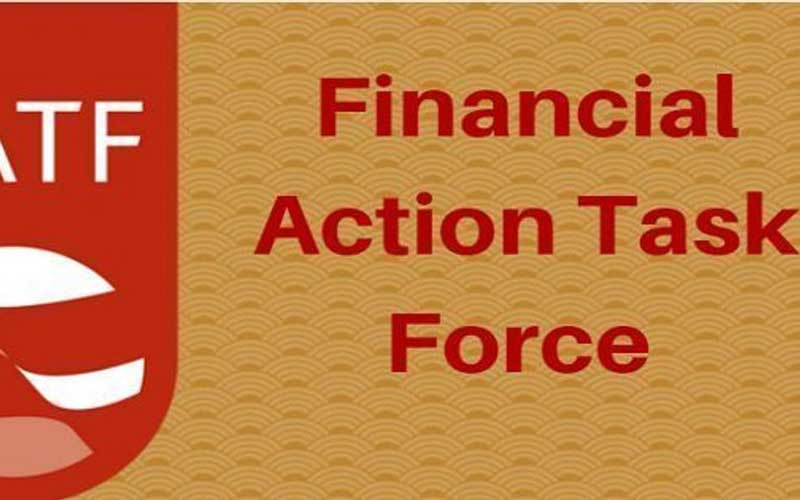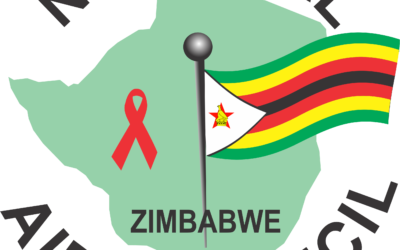
This is part one of an article that looks at the removal of Zimbabwe from the Financial Action Task Force (FATF) grey list and the significance going forward.
On March 4, Zimbabwe was removed from the FATF grey list. When the FATF places a jurisdiction under increased monitoring, it means the country has committed to swiftly resolve the identified strategic deficiencies within agreed timeframes and is subject to increased monitoring.
Jurisdictions under increased monitoring actively work with FATF to address strategic deficiencies in their regimes to counter money laundering, terrorist financing and proliferation financing. The Eastern and Southern Africa Anti-Money Laundering Group (ESAAMLG) 7th enhanced follow up report on Zimbabwe indicated that the country would remain in enhanced follow-up and will continue to inform the ESAAMLG of the progress made in improving and implementing its AML/CFT measures.
Zimbabwe is a member of the ESAAMLG whose aim is to combat money laundering by implementing the FATF recommendations.
There are 18 other member countries in east and southern Africa as well as a number of regional and international observers such as AUSTRAC, Commonwealth Secretariat, East African Community, FATF, IMF, SADC, United Kingdom, United States of America, UNODC, World Bank and World Customs Organisation. ESAAMLG is a regional-styled body which is a member of the FATF.
The FATF is an inter-governmental policymaking body whose purpose is to establish international standards, and to develop and promote policies, both at national and international levels, to combat money laundering and the financing of terrorism.
The ESAAMLG evaluated the anti-money laundering and combating the financing of terrorism and proliferation financing regime of Zimbabwe under its Second Round of Mutual Evaluations from 15-24 July 2015.
The Mutual Evaluation Report (MER) was adopted by the ESAAMLG Council of Ministers in September 2016. According to the MER, Zimbabwe was Compliant (C) with eleven (11) Recommendations, Largely Compliant (LC) with nine (9) Recommendations, Partially Compliant (PC) with fourteen (14) Recommendations and Non-Compliant (NC) with six (6) Recommendations. Out of the eleven (11) Immediate Outcomes (IOs), Zimbabwe was rated Moderate Level of Effectiveness on two (2) IOs and Low Level of Effectiveness on nine (9) IOs.
- Mavhunga puts DeMbare into Chibuku quarterfinals
- Bulls to charge into Zimbabwe gold stocks
- Ndiraya concerned as goals dry up
- Letters: How solar power is transforming African farms
Keep Reading
Some of the noted major shortfalls during the 2015 mutual evaluation were as follows,
No mechanism(s) to communicate results of the National Risk Assessment (NRA)
The authorities did not demonstrate an understanding of the Money Laundering / Terrorist Financing (ML/TF) risks identified in the NRA, and, as a result, they had not applied a risk-based approach to allocation of resources and implementation of Anti Money Laundering / Counter Financing of Terrorism (AML/CFT) measures to prevent or mitigate ML/TF risks.
There was no specific requirement for Financial Institutions (FIs) and Designated Non-Financial Businesses and Professions (DNFBPs) to include information on high-risk areas into their risk assessments.
No specific requirement for FIs and DNFBPs to assess and understand their ML/TF risks, document the risks, consider the category of the risk and the appropriate mitigating controls, and have measures to communicate the risk assessments to supervisors; no requirement to develop and adopt procedures, policies and controls at a senior management level to manage and mitigate the risks nor monitor implementation of the controls and procedures with a view to adjusting them when necessary; and no specific obligation for FIs and DNFBPs to apply simplified measures on the basis of the level of risk.
The notable additional actions taken by Zimbabwe to address these short falls were
Zimbabwe developed a National AML/CFT Strategic Plan 2020-2025 which has four strategic objectives: (a) Parallel Financial Investigations, (b) Capacity Building Awareness and Supervision, (c) Asset forfeiture and Confiscation and, (d) Beneficial Ownership and NPOs.
The Zimbabwe Financial Intelligence Unit (FIU) has incorporated the major predicate offenses that were identified in the NRA in their prioritisation of cases for analysis and has created specialised desks to focus on each of the predicate offenses listed in the NRA.
Various units have been established in some agencies such as the Zimbabwe Revenue Authority (ZIMRA) (to focus on tax evasion) National Prosecution Authority (NPA)(to focus on corruption) and Zimbabwe Republic Police (ZRP) to undertake specialised functions.
The ZRP has set up units such as Asset Forfeiture Unit, Counter Terrorism Unit, Police Anti-Corruption Unit, a CID Minerals, Flora and Fauna, and others to effectively combat ML/TF.
In relation to legislation, Zimbabwe introduced some provisions in the Money Laundering and Proceeds of Crime Act in 2018 to strengthen the civil forfeiture process.
What does this mean for Zimbabwe?
Zimbabwe’s removal from the list of countries that are considered to be insufficiently compliant in implementing AML/CFT standards is an important milestone in Zimbabwe considering that the country is already facing a myriad of challenges ranging from sanctions, high levels of corruption to name just a few.
This explains why Zimbabwe has seen a massive de-risking by most correspondent banks in the past decade.
This has negatively impacted the country’s ability to effect cross border payments, resulting in financial exclusion. Donor payments, lines of credits, money transfer payments(remittances) and developmental finance have also not been spared by this development.
The removal of Zimbabwe from the FATF grey list of countries with strategic AML/CFT deficiencies will improve the country's perceived risk and will most likely see an increased appetite from correspondent banks.
Related to the FATF stance on the country, the European Union (EU) has also come up with a policy on high risk third countries.
The aim is to protect the integrity of the EU financial system. Zimbabwe is part of the countries added on to the list on 01 October 2020. The effect of Zimbabwe being removed on the FATF grey list would be that it could also be seen as less risky by the EU.
The EU follows moral suasion as an appeal to compliance, to influence or change behaviour when listing and delisting high risk third countries based on their progress and efforts being made to address the noted deficiencies by the FATF.
In its assessment on removing countries with strategic deficiencies in their regimes on anti-money laundering and countering terrorist financing, the EU takes into account new information from international organisations and standard setters, such as those issued by FATF.
Zimbabwe’s commitment to remediating the identified deficiencies will go a long way in contributing to the removal of the country from the list of identified high-risk third countries with strategic deficiencies.
The removal of the country from the FATF grey list and the potential removal from the EU high risk third countries list could boost the prospects of attracting new foreign direct investment in the country and increase attractiveness of the country for potential credit lines.
This is because adherence to AML/CFT standards is a major risk factor considered for jurisdictional profiling by correspondent bankers and international creditors. Subsequently, even international cross border flow of funds will improve owing to an improvement in AML/CFT controls.
Important to note that Zimbabwe is also listed as the 12th riskiest country by the Basel Institute of Governance. The removal of Zimbabwe from the FATF grey list means the Zimbabwe’s Basel AML index could improve.
The second and final part of this article will be in the next edition
- Mugwagwa writes in his capacity as a councillor for the Compliance Society of Zimbabwe. — admin@cosoz.com. These weekly New Perspectives articles published in the Zimbabwe Independent are coordinated by Lovemore Kadenge, an independent consultant, past president of the Zimbabwe Economics Society and past president of the Chartered Governance & Accountancy Institute in Zimbabwe (CGI Zimbabwe). — kadenge.zes@gmail.com or mobile: +263 772 382 852.






